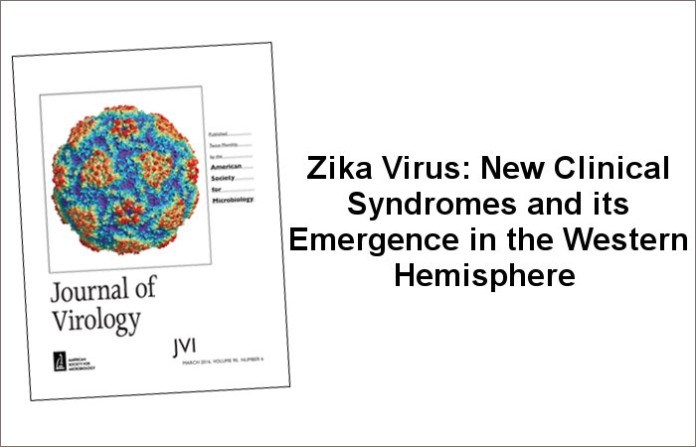Zika virus (ZIKV) had remained a relatively obscure flavivirus until a recent series of outbreaks accompanied by unexpectedly severe clinical complications brought this virus into the spotlight as an infection of global public health concern. In this review, we discuss the history and epidemiology of ZIKV infection, recent outbreaks in Oceania and the emergence of ZIKV in the Western Hemisphere, newly ascribed complications of ZIKV infection including Guillain- Barré syndrome and microcephaly, potential interactions between ZIKV and dengue virus, and the prospects for the development of antiviral agents and vaccines.
Author: Helen M. Lazear1 and Michael S. Diamond2
- Department of Microbiology and Immunology, University of North Carolina at Chapel Hill, Chapel Hill, NC 27599.
- Departments of Medicine, Molecular Microbiology, Pathology & Immunology, and The Center for Human Immunology and Immunotherapy Programs, Washington University School of Medicine, St Louis, MO 63110.
Click here to download the newly-published review from the Journal of Virology.






























